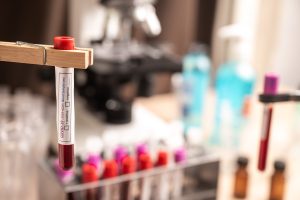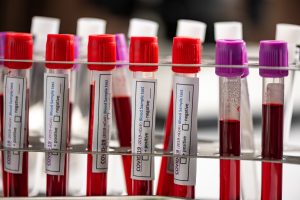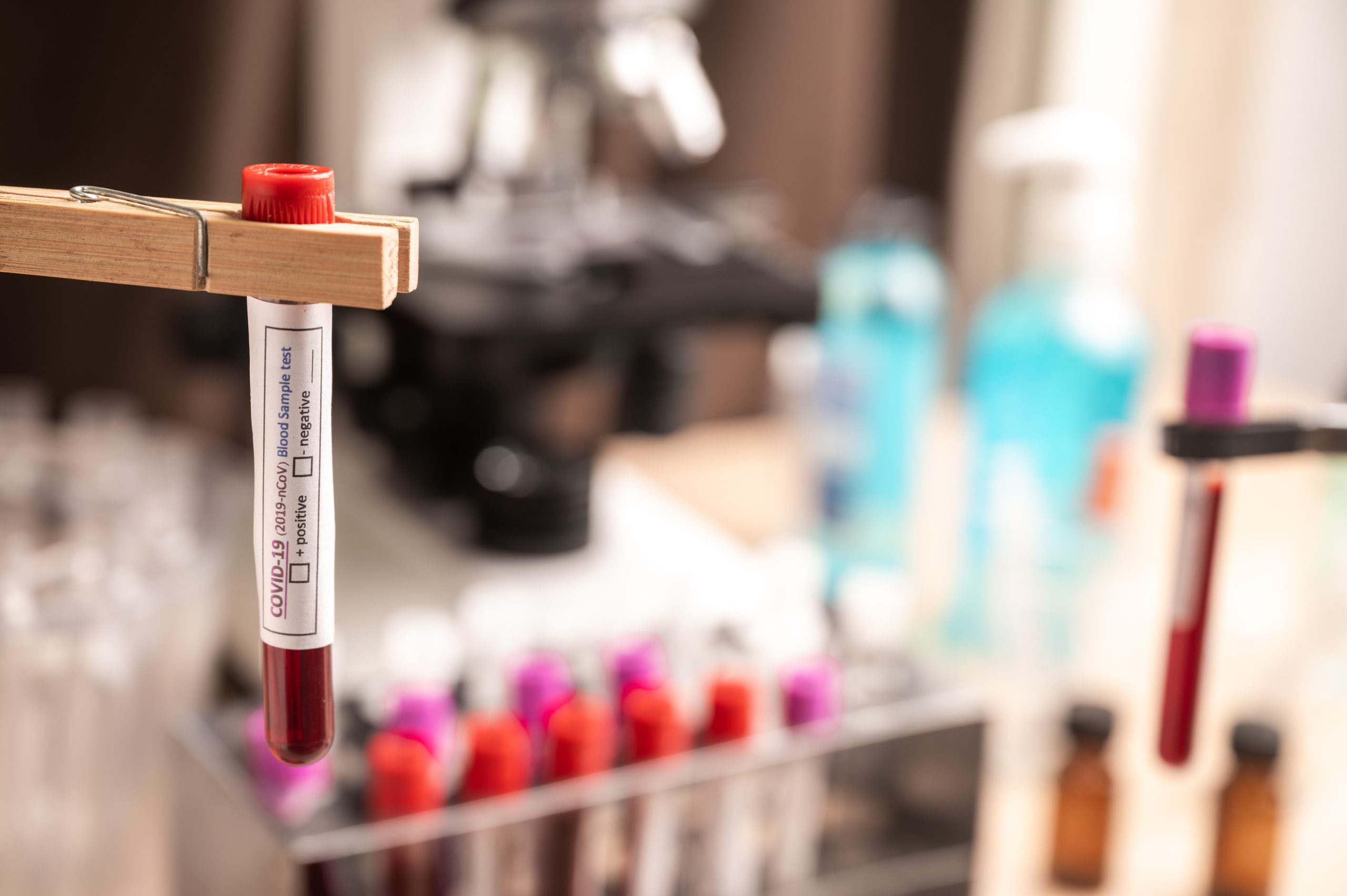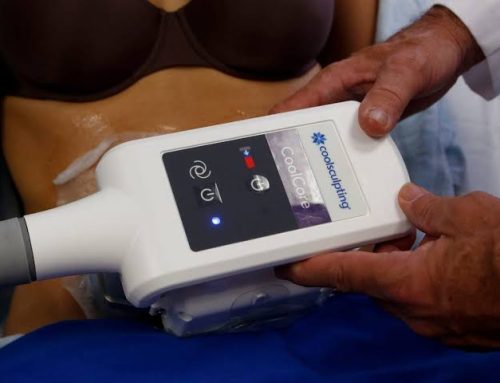Introduction
Plastic surgery is a transformative journey that offers individuals the opportunity to enhance their appearance and boost their self-confidence. Before undergoing plastic surgery procedures, it’s essential to prioritize safety and ensure that patients are in optimal health. One crucial aspect of pre-operative assessment is evaluating blood levels through blood tests. In this article, we’ll explore the significance of blood levels before plastic surgery, the reasons for performing blood tests, and considerations for determining suitability for surgery.

What is the importance of a blood test, before plastic surgery?
Blood tests are an integral part of pre-operative evaluation before plastic surgery procedures. They provide valuable insights into a patient’s overall health status, including blood cell counts, clotting factors, liver function, kidney function, and electrolyte balance. By assessing blood levels, surgeons can identify any underlying medical conditions, potential risks, or contraindications to surgery that may affect surgical outcomes or post-operative recovery.

What does blood levels tell us, before plastic surgery?
- Hemoglobin Levels: Hemoglobin levels indicate the oxygen-carrying capacity of red blood cells. Adequate hemoglobin levels are essential for tissue oxygenation, wound healing, and overall recovery after surgery. Low hemoglobin levels may increase the risk of anemia, fatigue, and surgical complications such as delayed wound healing or infection.
- Platelet Count: Platelets play a crucial role in blood clotting and wound healing. A normal platelet count is necessary to prevent excessive bleeding during surgery and facilitate proper wound closure. Abnormal platelet levels may indicate underlying bleeding disorders or clotting abnormalities that require further evaluation and management before surgery.
- Liver and Kidney Function: Liver and kidney function tests assess the health and functioning of these vital organs, which play a key role in metabolizing medications and eliminating toxins from the body. Impaired liver or kidney function may affect the body’s ability to tolerate anesthesia and medications used during surgery, increasing the risk of complications.
- Electrolyte Balance: Electrolytes such as sodium, potassium, and calcium regulate fluid balance, nerve function, and muscle contraction in the body. Imbalances in electrolyte levels can disrupt normal physiological processes and increase the risk of complications during and after surgery, including cardiac arrhythmias and muscle cramps.

Who is suitable to undergo plastic surgery?
While many individuals may benefit from plastic surgery procedures, not everyone is a suitable candidate. Ideal candidates for plastic surgery are generally in good overall health, with stable blood levels and well-controlled medical conditions. Patients with uncontrolled medical conditions such as hypertension, diabetes, heart disease, or bleeding disorders may not be suitable candidates for surgery until their conditions are adequately managed and stabilized.

Conclusion
Pre-operative assessment of blood levels is a crucial step in ensuring the safety and success of plastic surgery procedures. By evaluating hemoglobin levels, platelet counts, liver and kidney function, and electrolyte balance, surgeons can identify potential risks and optimize patient outcomes. Patients should be honest and transparent about their medical history and current health status to facilitate thorough pre-operative evaluation and minimize the risk of complications. Ultimately, prioritizing safety and well-being before undergoing plastic surgery is essential for achieving optimal results and enjoying the transformative benefits of cosmetic enhancement.
Disclaimer: The content on this blog is intended for general informational purposes only. It is not a substitute for professional medical advice, diagnosis, or treatment. Always consult qualified healthcare providers for personalized advice. Information regarding plastic surgery, dental treatment, hair transplant, and other medical procedures is educational and not a guarantee of results. We do not assume liability for actions taken based on blog content. Medical knowledge evolves; verify information and consult professionals. External links do not imply endorsement. By using this blog, you agree to these terms.










